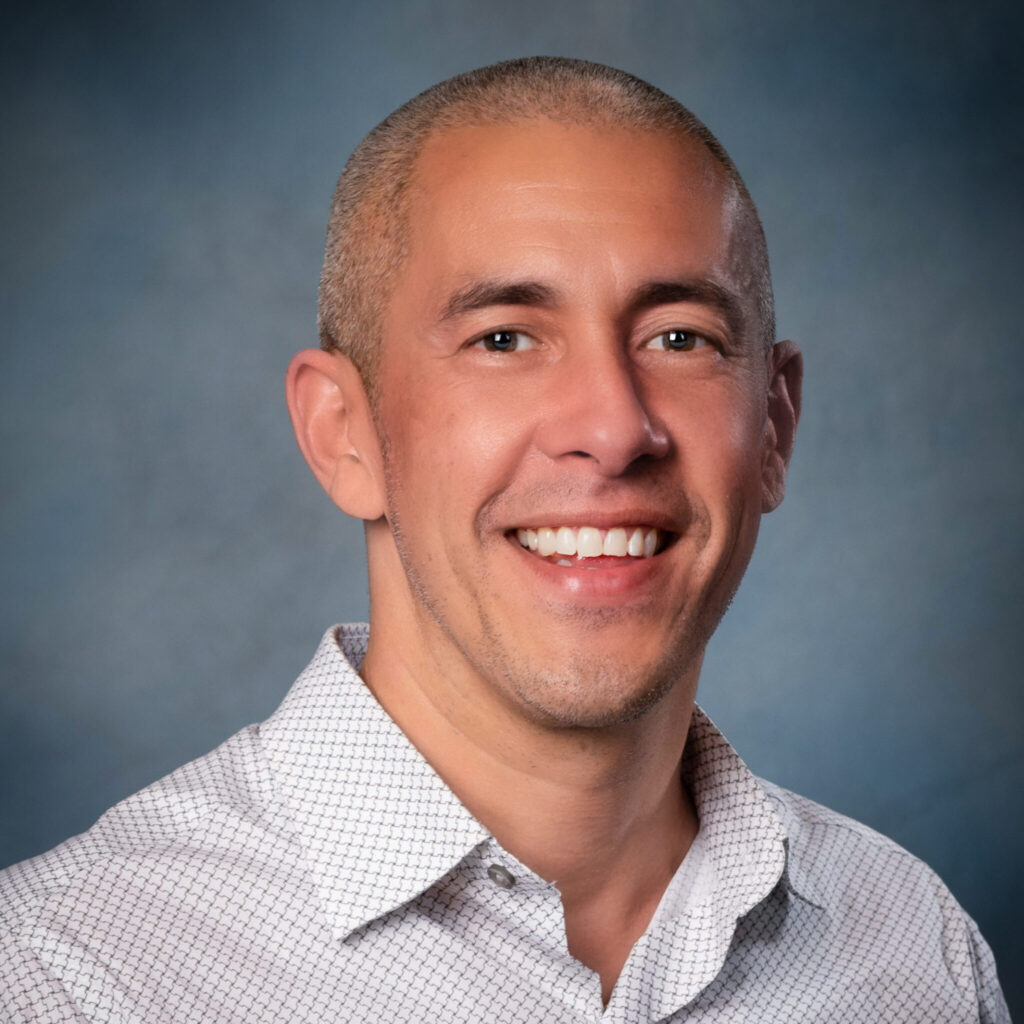
Facilitator
Aaron Norikane (he/him) has been pushing to transform our education systems (both in schools and in our communities) for young people in the Seattle area for over 30 years. He has been a tireless advocate for building communities that heal and tearing down systems that harm young people. Working as an after school provider, program director, substitute teacher, ESD board director and various other roles has given him the opportunity to see how strong communities built around People and not Profit, open up a world of possibility.
Aaron joined the BELONG Partners team in 2016. As a Facilitator, he helps educators and community members build spaces where young people have agency, power, and learn new ways of being in community. He feels extremely grateful to be in a profession that aligns with his values.
When he was young, Aaron always thought he would be an architect or airline pilot or ideally an NBA player. Never once did he think he would get over his intense fear of public speaking to take on a job where he facilitates workshops with audiences as big as 300 people. A lifelong Seattleite, Aaron finds his greatest source of joy in watching his two children learn, grow and giggle. His colleagues describe him as passionate, caring, and continually pushing to make our systems better. By the end of his career, Aaron hopes that he will have helped shift the education system away from producing consumers and laborers… and towards producing communities that center humanity and hope .
What is one of your proudest moments?
Every. Single. Day. Raising two amazing, independent, and very strong-willed children!
What are people most surprised to learn about you?
I’m a total board game geek!
Why are you passionate about working at BELONG Partners?
I’ve seen and experienced firsthand the US educational system’s undermining of our young people’s confidence and self worth, especially for Black, Indigenous and People of Color. Conversely, I’ve also witnessed the power of strong educators connecting with students and creating communities of belonging. I believe in working in youth development because our future relies on the next generation having the confidence and tools to tear down systems of oppression. We have the opportunity to transform the way educators and school communities interact with our youth.
